Top 10 Software Engineering Trends to Watch in 2025
Prefer to listen?
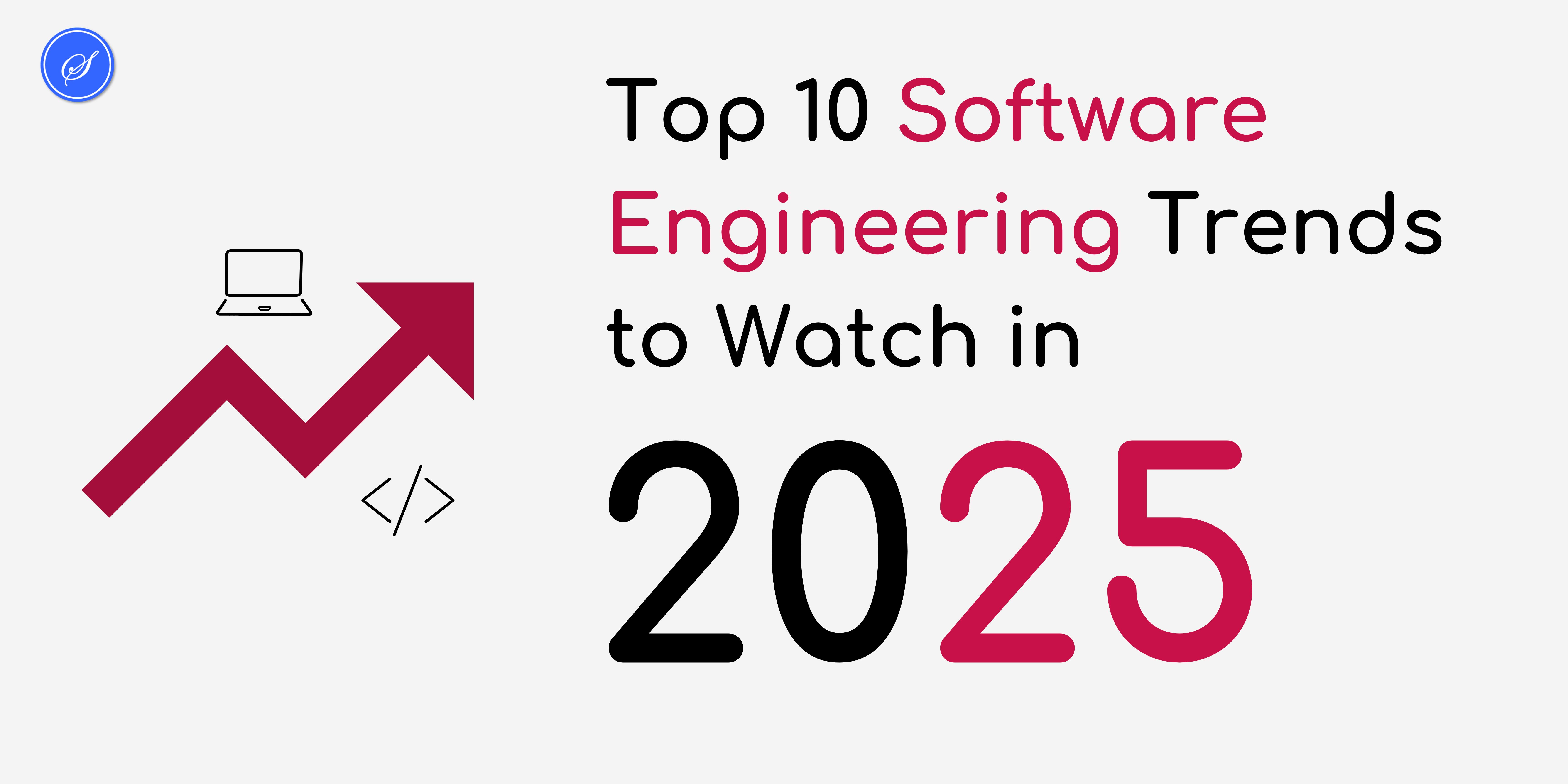
As we've seen overtime, and just about every year, software engineering keeps evolving. Now its faster than ever, driven by tech advancements, changing business needs, and global shifts in both how we work and live. By 2025, the industry is expected to look vastly different, with new tools, methodologies, and priorities reshaping how software is designed, built, and deployed. Engineers are no longer just coders; they’re problem-solvers dealing with complex systems that intertwine AI, sustainability, and cutting-edge technologies like quantum computing.
Staying competitive in this field means staying informed. Developers, businesses, and tech enthusiasts alike must keep up with the latest trends to remain relevant and capitalise on the opportunities ahead. From mastering new tools or embracing transformative technologies, 2025 promises a wealth of exciting possibilities for those ready to adapt.
Let's explore the top 10 trends that are set to redefine software engineering by 2025, shedding light on what to expect and how to prepare for the changes ahead.
Top 10 Software Engineering Trends in 2025
1. AI-Powered Development Tools
It's obvious now that AI is taking software engineering to new heights. Tools like GitHub Copilot and TabNine are already helping developers by suggesting code, spotting bugs, and automating repetitive tasks. In 2025, AI tools will become even more intuitive, assisting with complex problem-solving, improving productivity, and enabling faster software releases. Beyond just coding, AI will also play a key role in software testing, automating test cases, and predicting potential vulnerabilities before they can become issues.
2. Low-Code and No-Code Growth
Low-code and no-code platforms like OutSystems and Bubble are reshaping the way applications are built. These platforms allow businesses to create software solutions quickly without relying entirely on professional developers. In 2025, their adoption will grow across industries as organizations seek faster, more cost-effective ways to develop applications. For professional developers, this means focusing more on creating custom solutions and complex integrations while empowering other teams to handle simpler projects independently.
3. Edge Computing Expands
As more devices connect to the internet, traditional cloud-based systems can struggle with latency and bandwidth issues. Enter edge computing, which processes data closer to its source, whether it’s a factory floor sensor or an autonomous car. In 2025, edge computing will play a crucial role in powering real-time applications in industries like healthcare (e.g., wearable health devices), retail (e.g., smart shelves), and smart cities (e.g., traffic monitoring systems). Software engineers will need to design applications that optimize edge networks for efficiency, security, and scalability.
4. Greener Software Development
Sustainability is becoming a priority across industries, and software engineering is no exception. Developers are exploring ways to make software more energy-efficient, such as reducing computational waste, optimizing algorithms, and selecting eco-friendly hosting services. Cloud providers like AWS and Google Cloud are introducing green solutions that offer lower energy consumption and carbon-neutral options. By 2025, businesses will place greater emphasis on creating “green” software, and engineers will increasingly be tasked with balancing performance with energy efficiency.
5. Quantum Computing Gets Real
Quantum computing is no longer just a concept confined to labs. Companies like IBM, Google, and D-Wave are making strides in making quantum computing accessible. By 2025, we’ll start to see quantum use cases in industries like finance (portfolio optimization), logistics (supply chain management), and pharmaceuticals (drug discovery). Software engineers will need to learn how to work with quantum algorithms, languages like Qiskit, and new computing paradigms that vastly differ from traditional programming.
6. Blockchain Beyond Crypto
Blockchain technology is evolving from its cryptocurrency roots into practical applications across multiple industries. Supply chain management, digital identity verification, and secure data sharing are just some areas where blockchain is proving valuable. In 2025, engineers will focus on making blockchain systems more scalable, efficient, and user-friendly, enabling greater adoption. We’ll also see blockchain being integrated with IoT and AI to create more secure and intelligent systems.
7. Better Cybersecurity Practices
Cybersecurity threats are becoming more complex and frequent, making it essential for software engineers to prioritize security at every stage of development. By 2025, expect to see more widespread adoption of zero-trust security models, which assume that every connection—internal or external—could be a potential threat. AI-driven cybersecurity tools will help detect and respond to threats in real time. Engineers will also adopt secure coding practices and frameworks to build applications that are resilient against ever-evolving threats.
8. Microservices and Serverless Take Over
Microservices architecture breaks applications into smaller, independent services that work together, while serverless computing allows developers to focus on writing code without managing infrastructure. These approaches offer scalability, flexibility, and cost efficiency, making them a favorite for modern app development. By 2025, as demand for cloud-native applications grows, engineers will increasingly design systems using these architectures. This shift will also reduce time-to-market for new features and services.
9. Remote and Distributed Work Becomes Standard
Remote work isn’t just a temporary solution—it’s becoming the default for many software teams. By 2025, more companies will embrace globally distributed teams, leveraging talent from across the world. To support this, tools like GitHub, Jira, and Slack are evolving to offer better real-time collaboration features, project management solutions, and virtual environments. Engineers will also need to adapt their communication skills and workflows to thrive in remote setups, ensuring productivity and teamwork remain high.
10. Security-First Development with DevSecOps
Security isn’t something that can wait until the final stages of development anymore. DevSecOps integrates security practices throughout the software development lifecycle, ensuring that vulnerabilities are addressed early. By 2025, DevSecOps will become standard practice for many organizations. Engineers will use automated tools for security testing and compliance checks, ensuring secure applications from day one. This trend not only protects users but also saves companies from costly security breaches.
So there you have it...
Software engineering in 2025 is shaping up to be an exciting time for software engineering, and it is set to be more dynamic, inclusive, and innovative than ever. These trends reflect the industry’s shift toward smarter tools, greener solutions, and a greater focus on security and scalability. Whether you’re a developer gearing up for new challenges or a business looking to stay ahead, understanding these trends will help you navigate the changes and seize the opportunities ahead.
FAQs about Software Engineering Trends in 2025
What is AI-driven development?
AI-driven development involves using artificial intelligence tools to assist in coding, testing, and optimizing software, making the development process faster and more efficient.
Why is edge computing important?
Edge computing reduces latency and improves performance by processing data closer to its source, making it critical for real-time applications like IoT and autonomous vehicles.
What is DevSecOps?
DevSecOps is an approach that integrates security into the DevOps pipeline, ensuring secure software development from the outset.
How does quantum computing affect software engineering?
Quantum computing introduces a new paradigm in problem-solving, requiring software engineers to develop quantum algorithms and adapt to different programming methods.
Will remote work dominate software engineering in the future?
Yes, remote work is expected to remain prominent, supported by advanced collaboration tools, cloud-based development environments, and a growing acceptance of distributed teams.
Comments

Enterprise Software and
Cloud Services for Your Business
Custom Web Applications, SaaS MVPs, Admin Dashboards, API Integrations, DevOps & Deployment, Ongoing Maintenance & Support.
What's in the newsletter?

Battle-Tested Tips for Debugging Django and React Apps
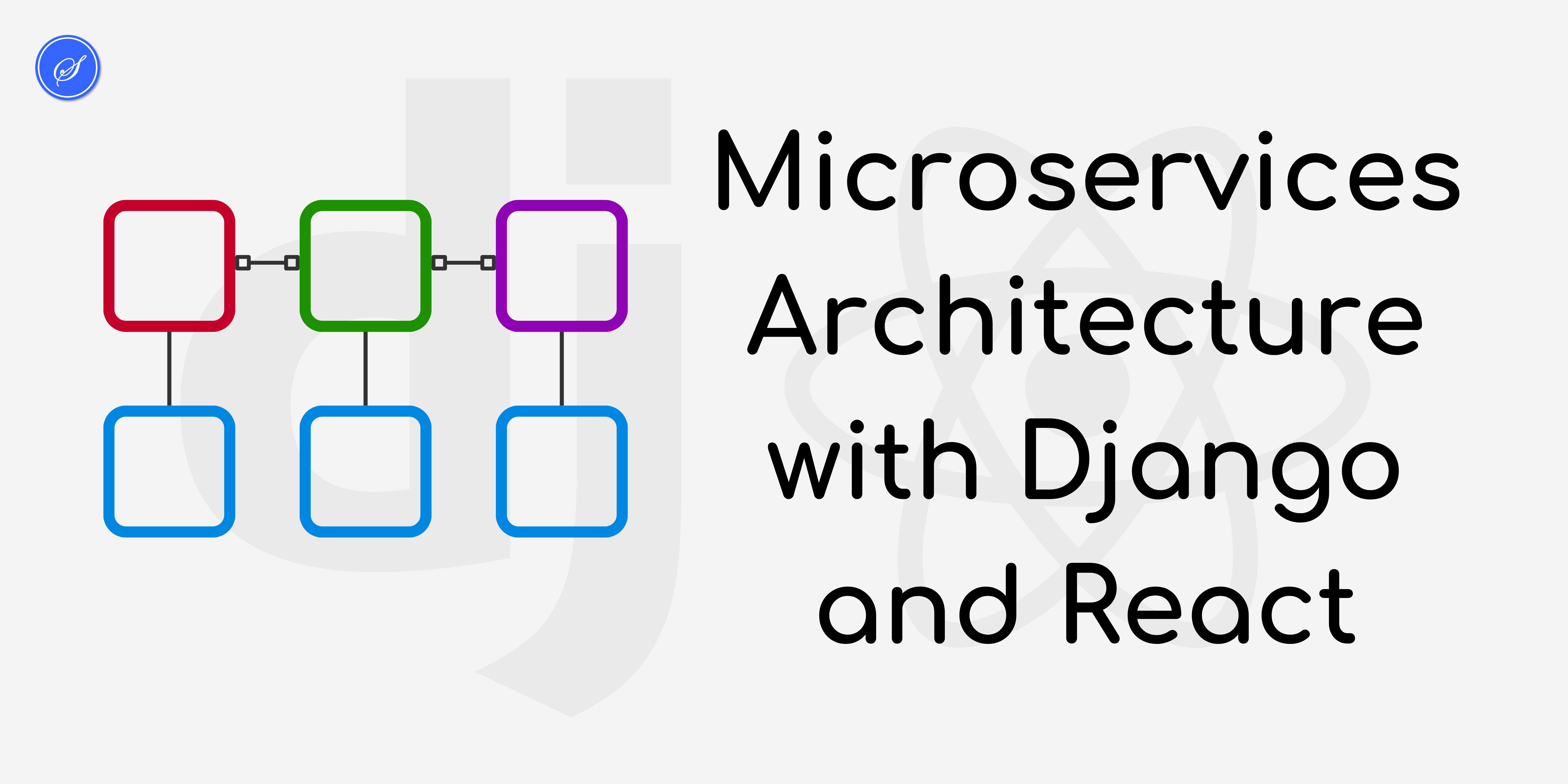
Microservices Architecture with Django and React
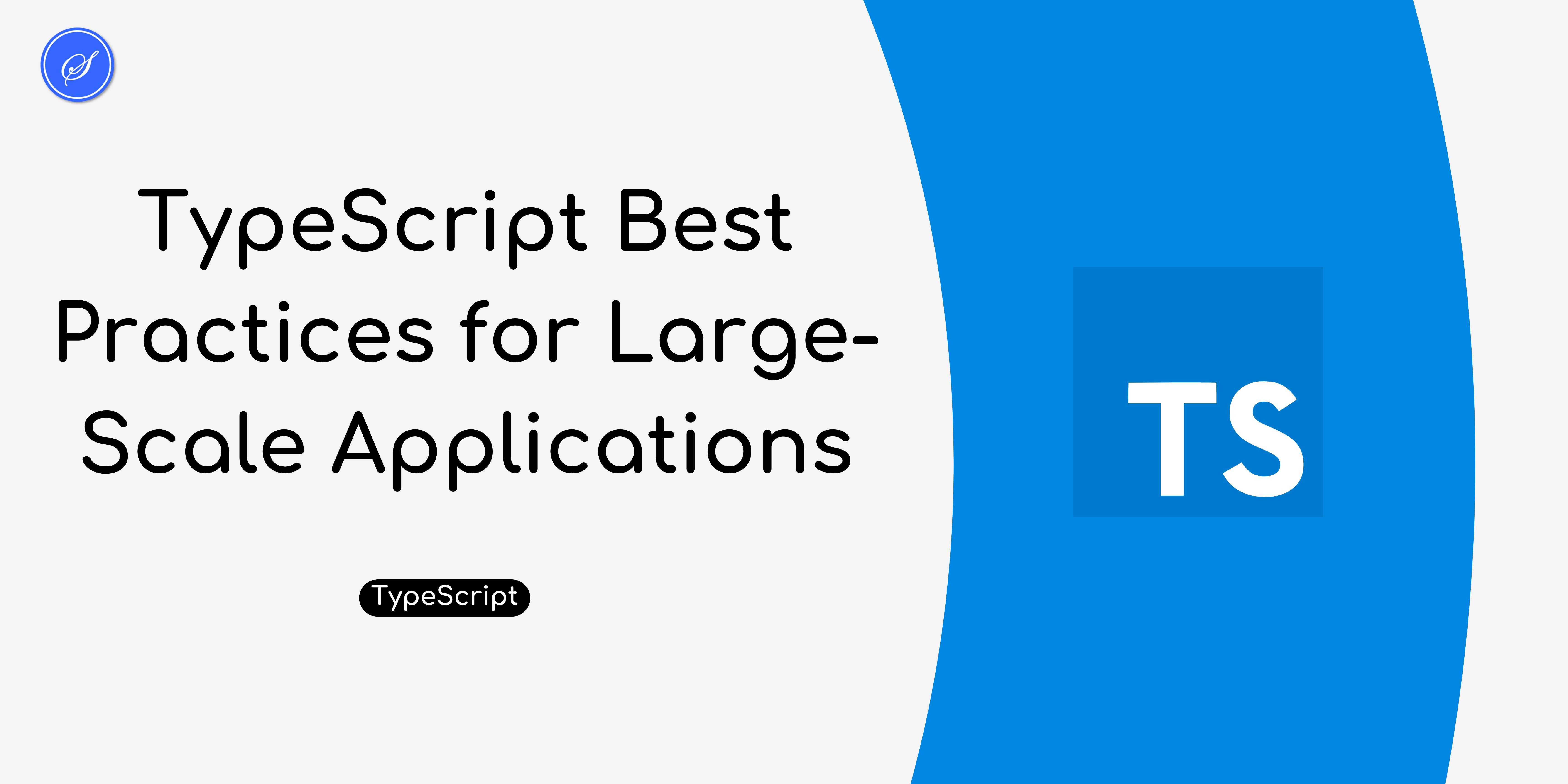
TypeScript Best Practices for Large-Scale Applications
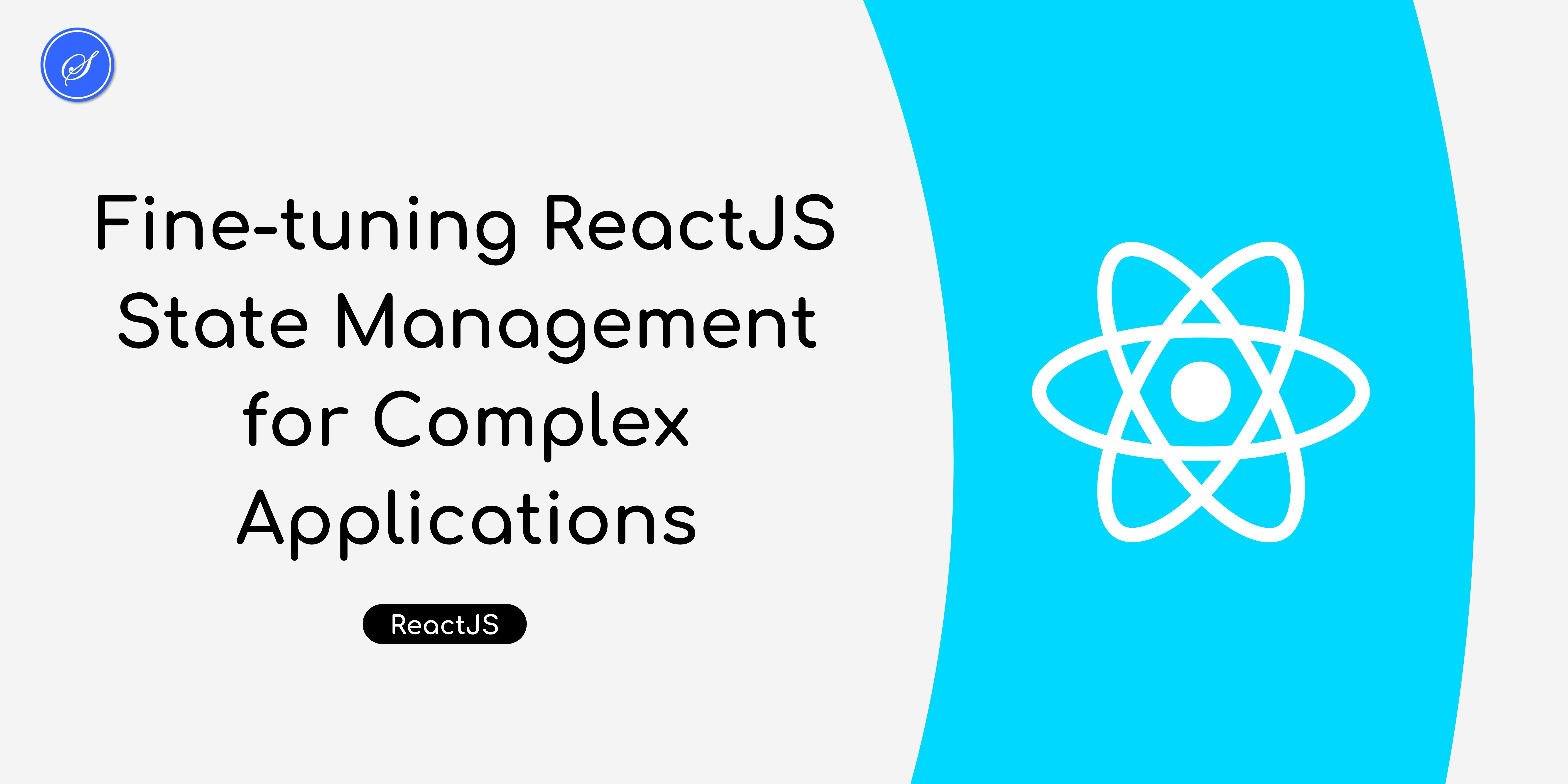
Fine-tuning ReactJS State Management for Complex Applications
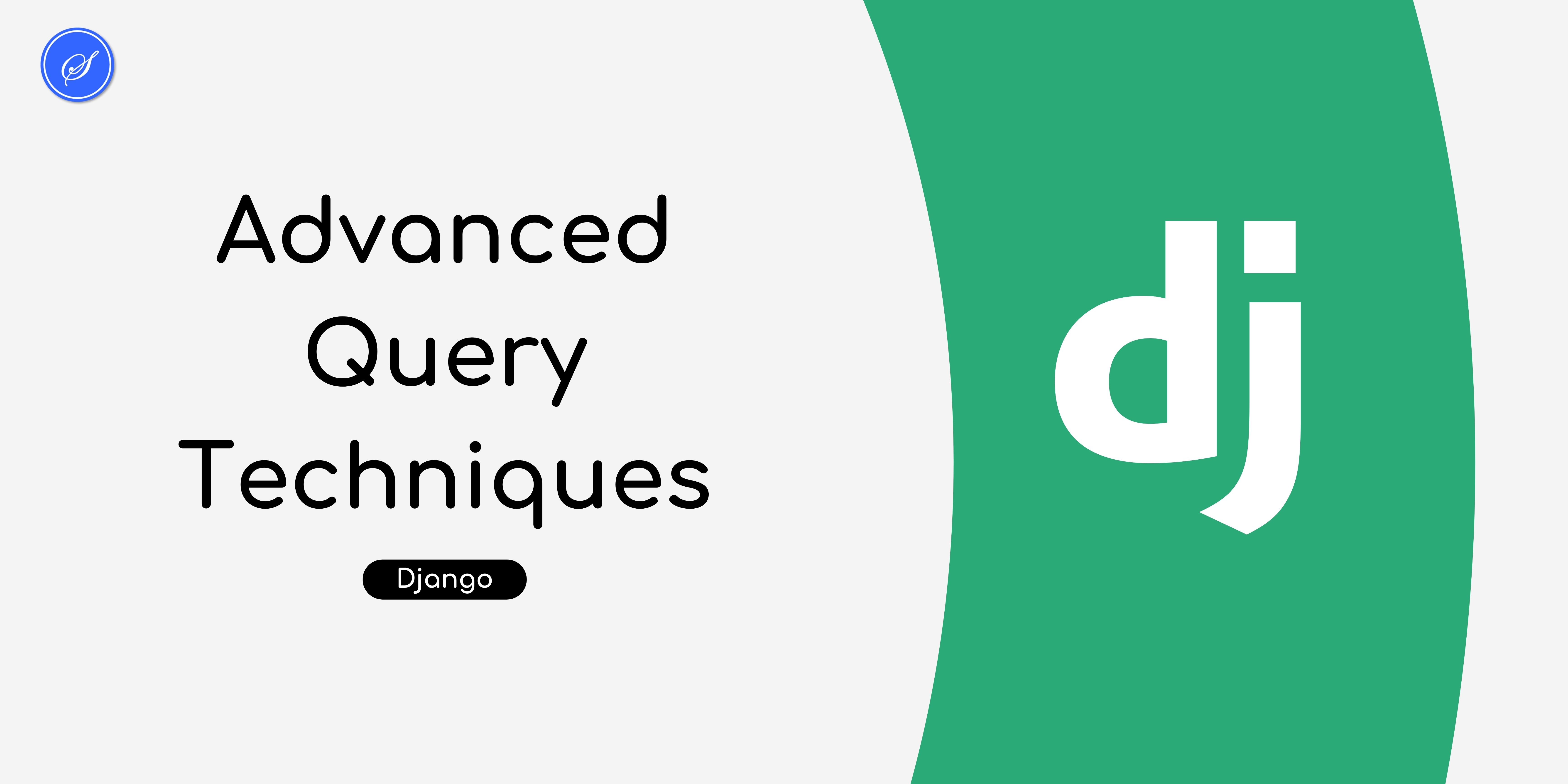
Advanced Query Techniques in Django's ORM
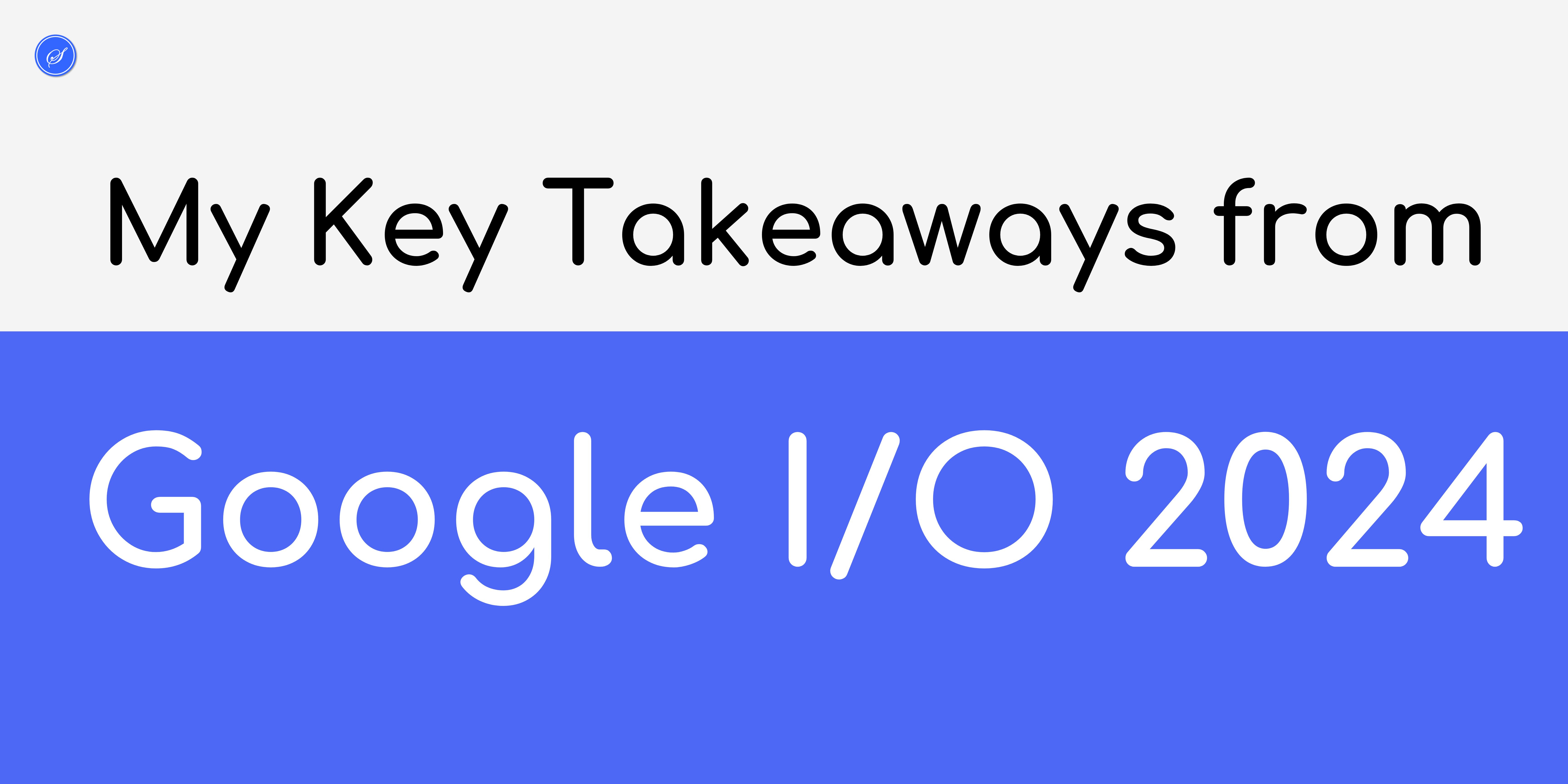
Key Takeaways from Google IO 2024
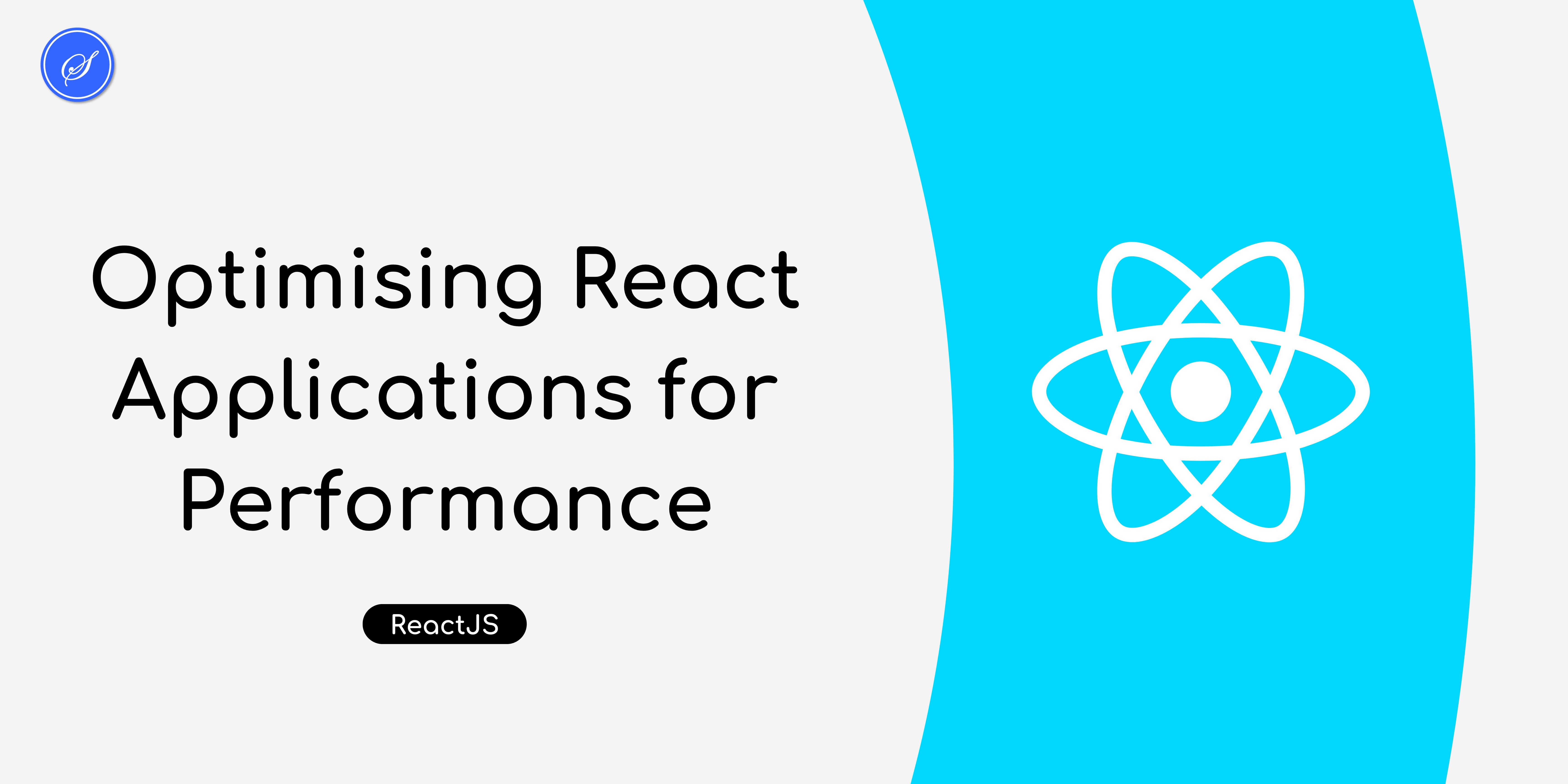
Optimising React Applications for Performance
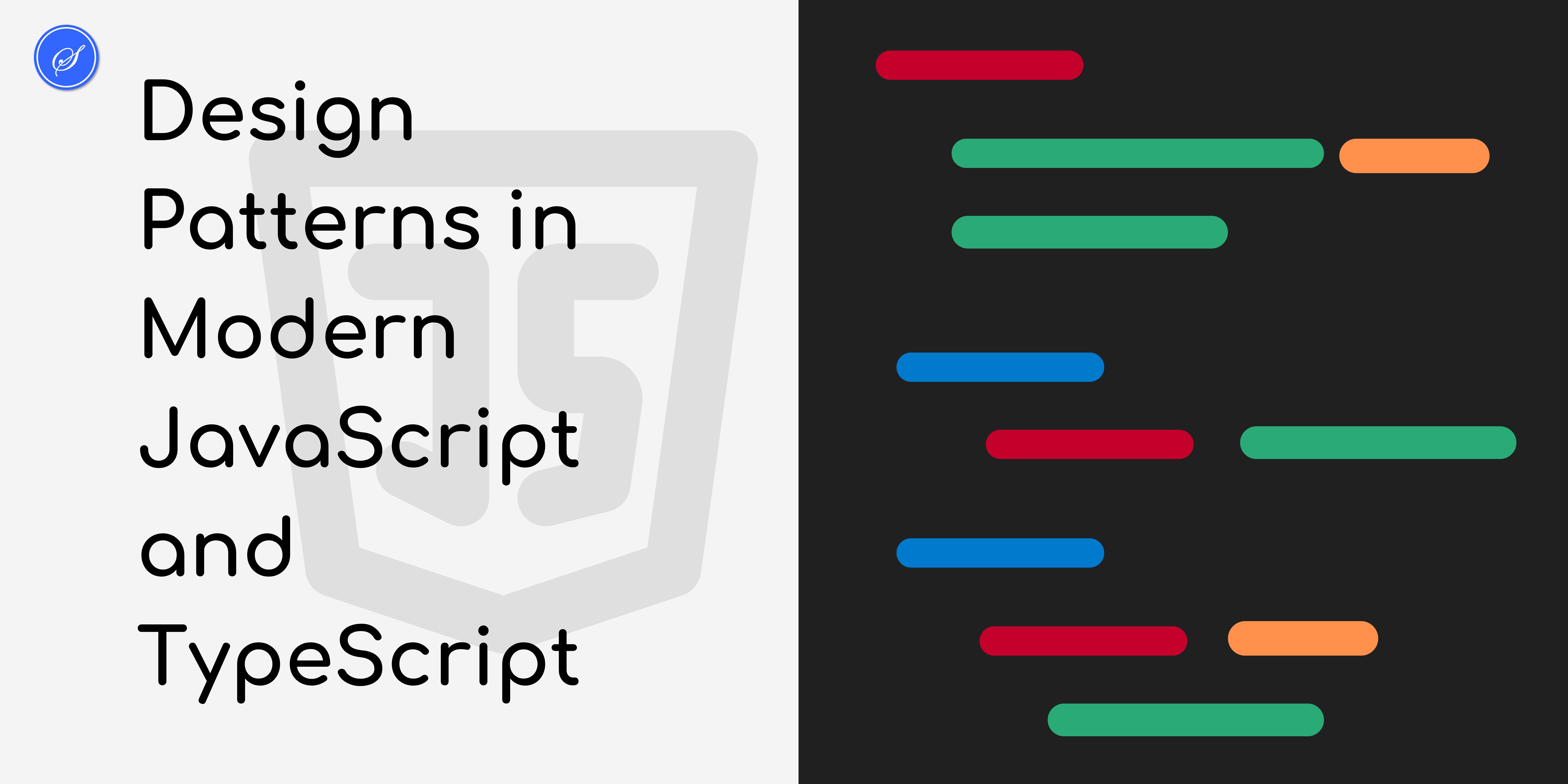
Design Patterns in Modern JavaScript and TypeScript
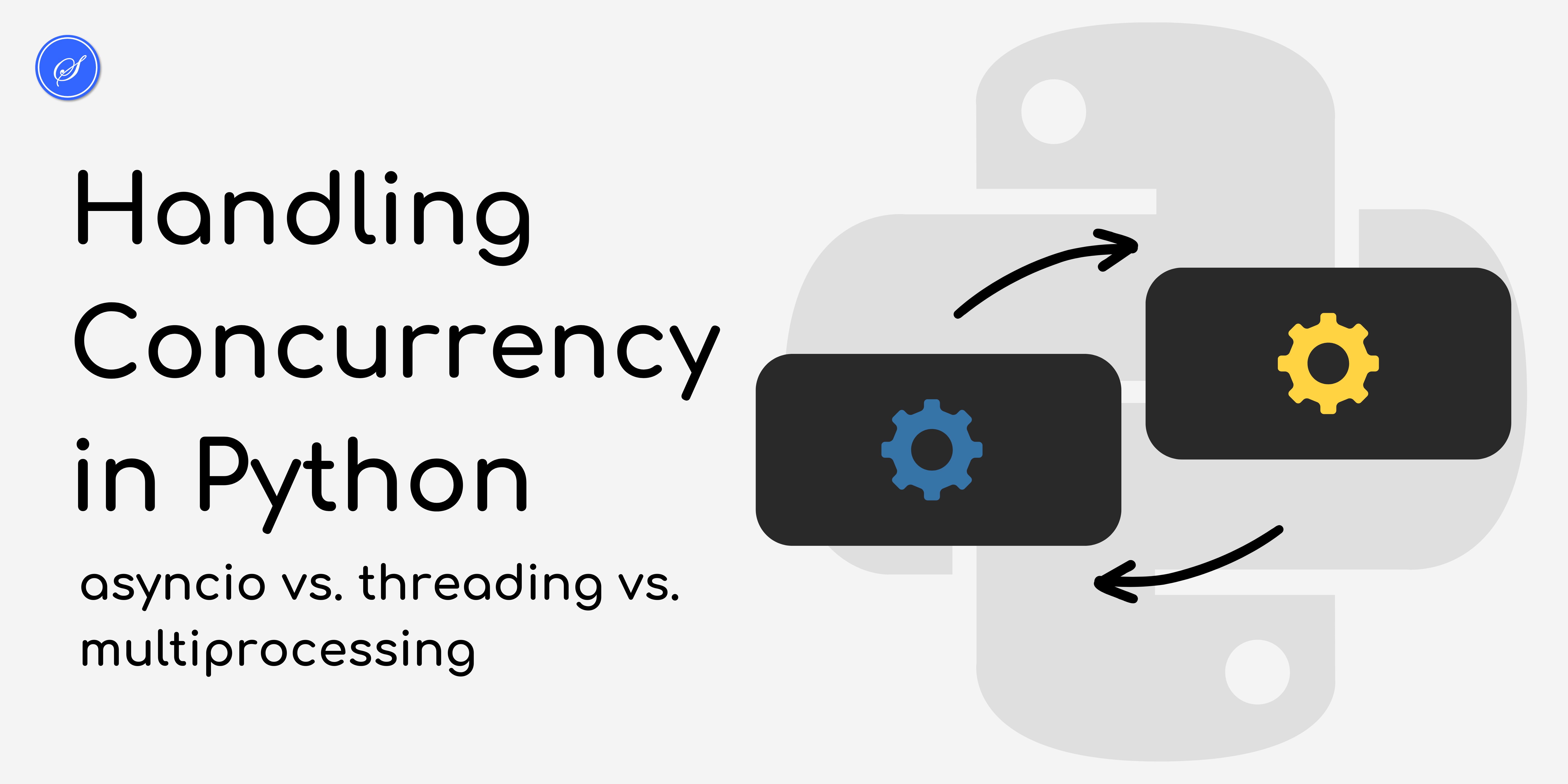
Handling Concurrency in Python
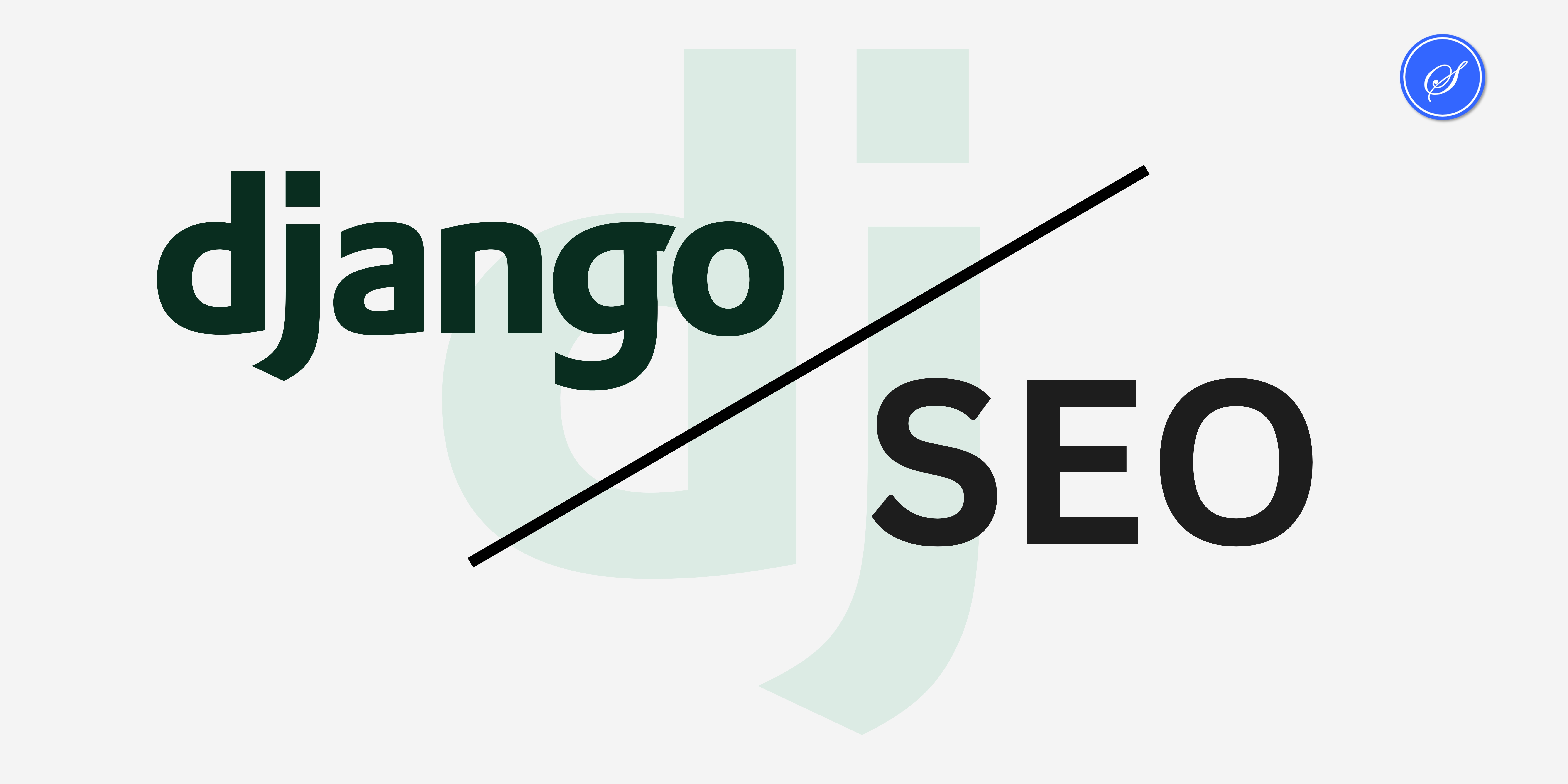
Implementing SEO Best Practices in Django for Better Google Ranking
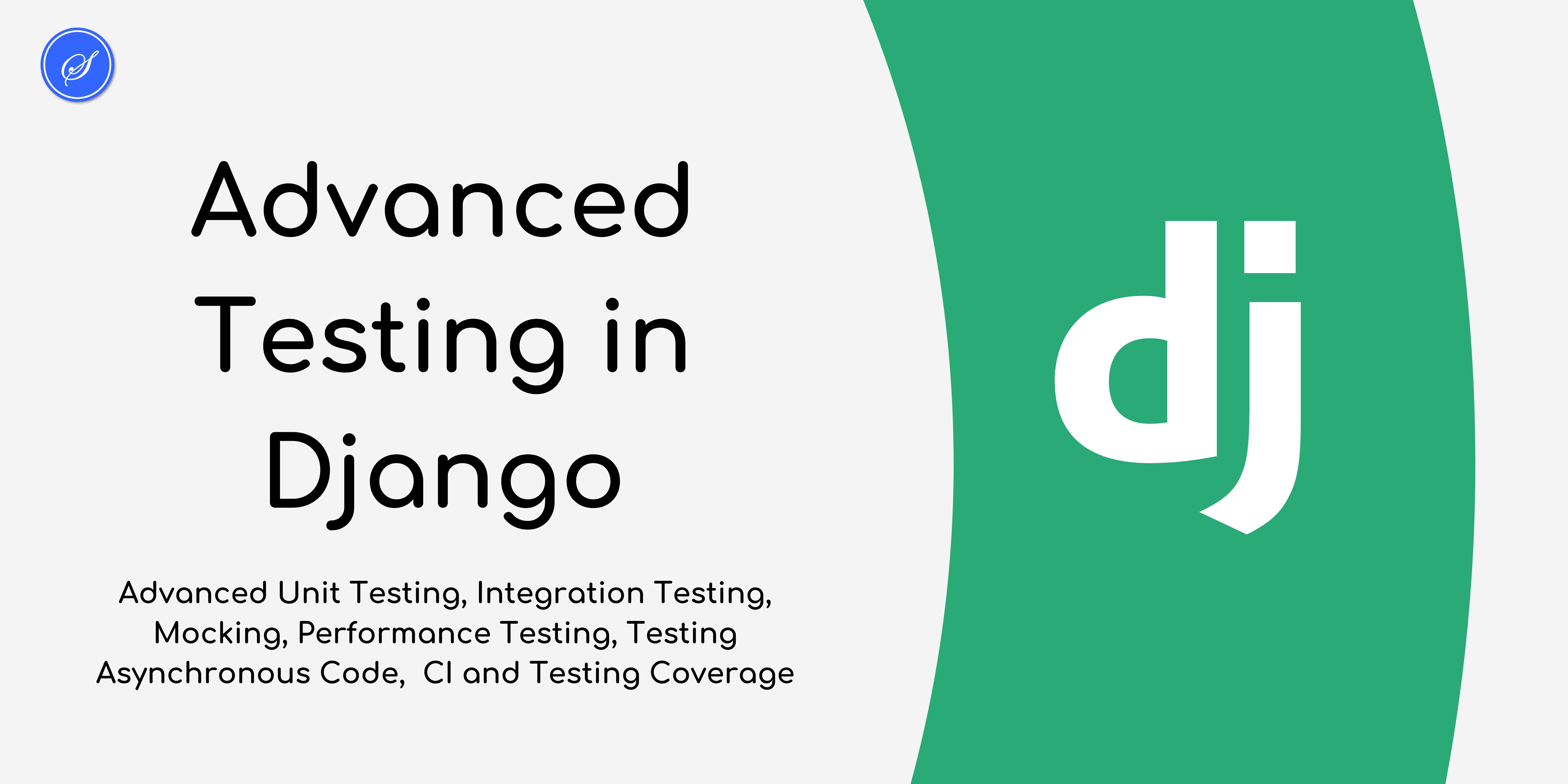
Advanced Testing Techniques in Django
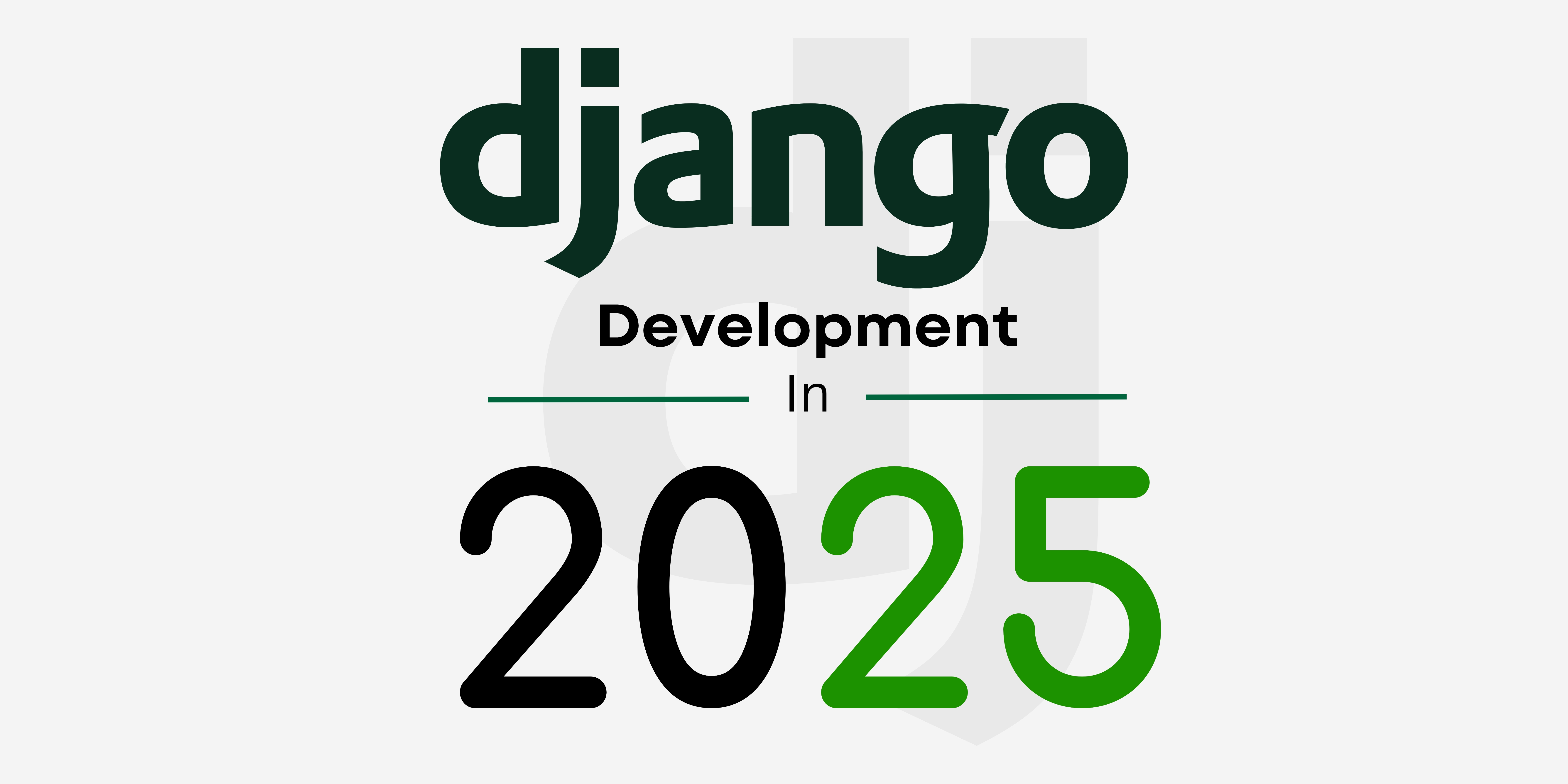
Django Development in 2025
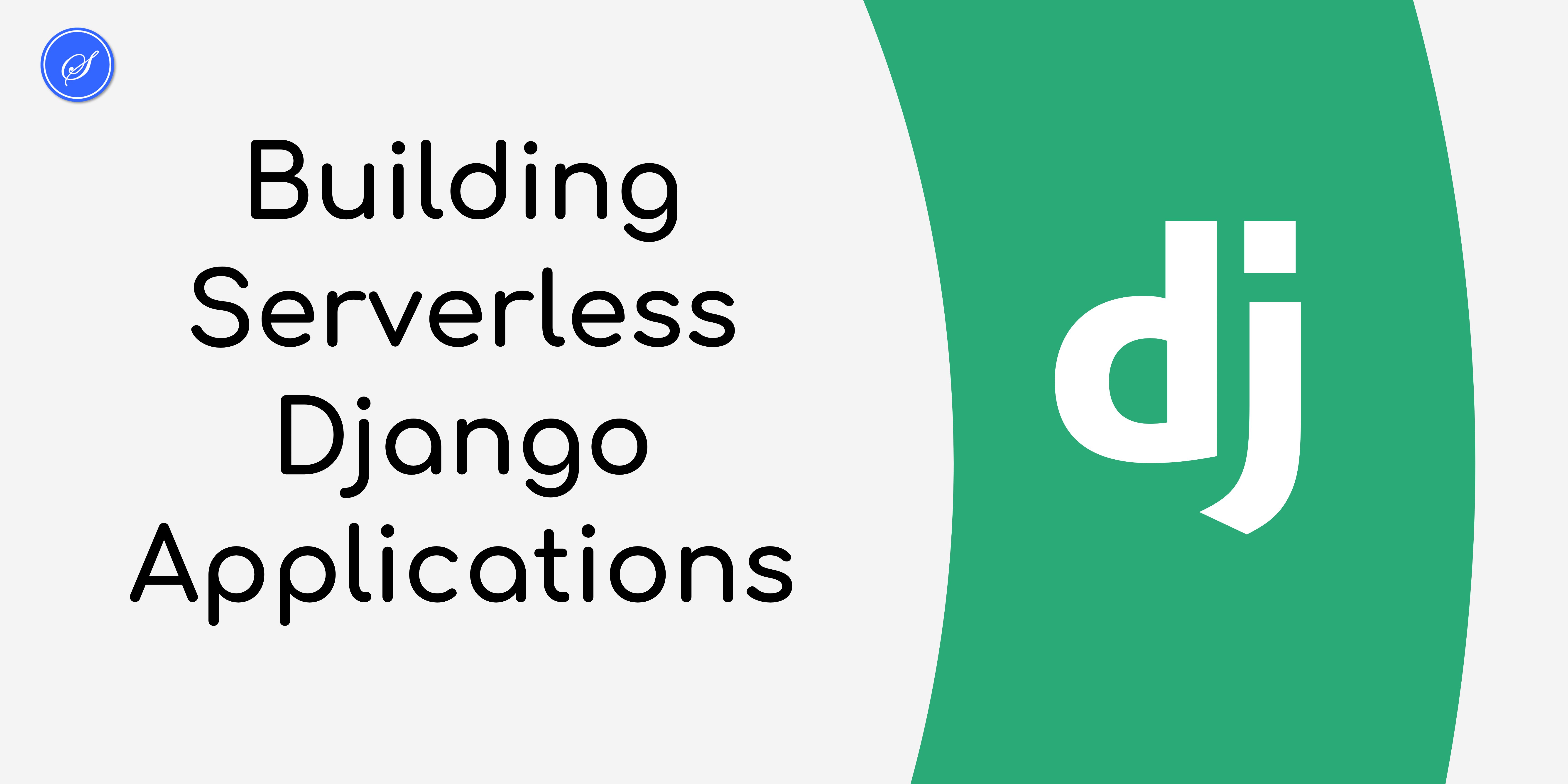
Building Serverless Django Applications

Implementing Powerful Search in Django

